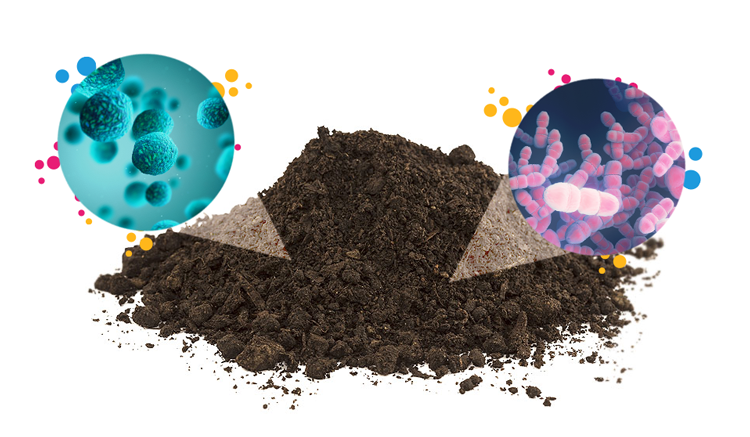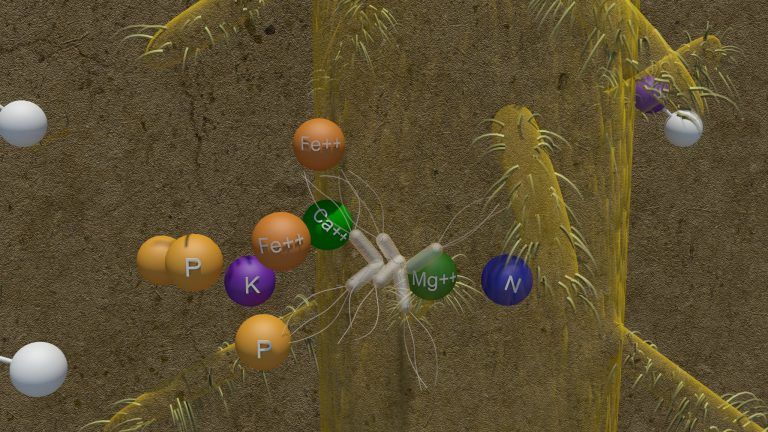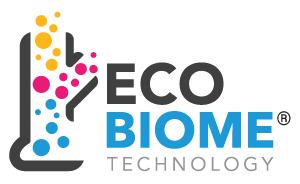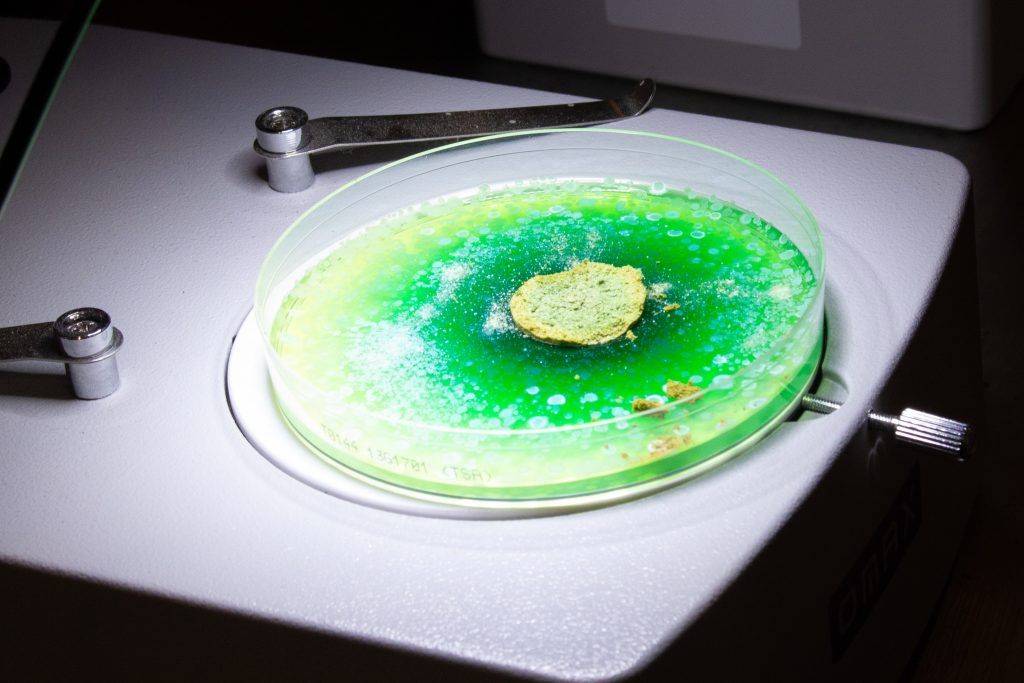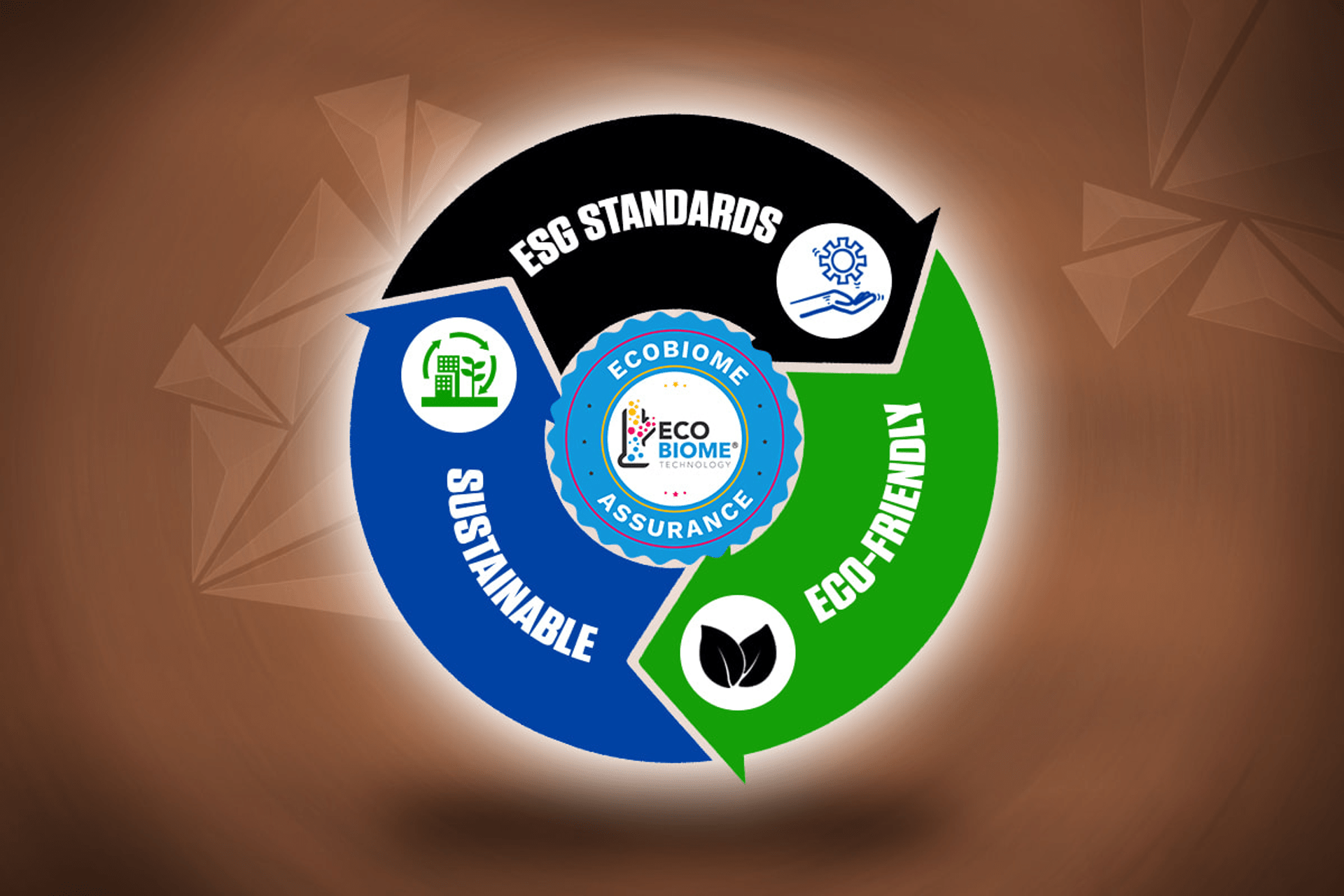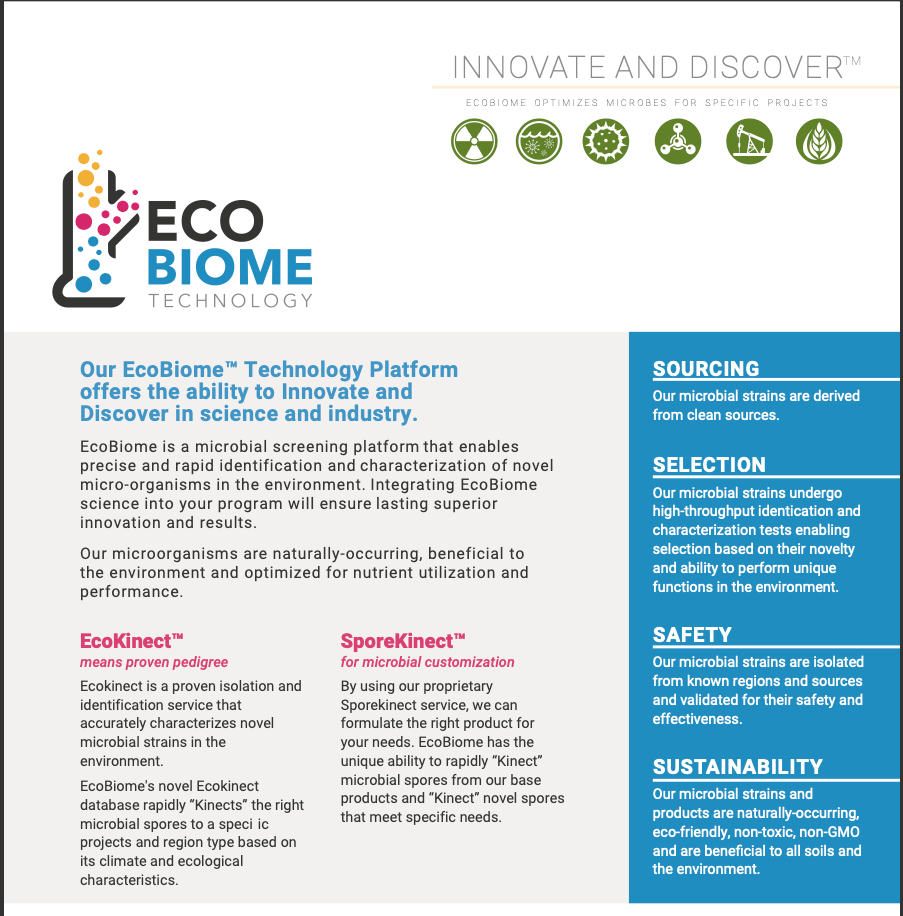Release The Nutrients From Your Soil Biologically
Soil microbiology is the catalyst to optimal plant health and maximum yield.
It’s well known that soil microbes play an essential part in soil health, but the ability to develop and use them in commercial agriculture has been hampered by the lack of success in growing any species in a laboratory.
“This has been a real impediment to research on solving diseases in soil, water and environmental systems,” says Marc Rodriguez, a microbiologist and President of Sentinel Biologics. “We are truly excited to have developed a new, first-of-its-kind technology that overcomes this barrier and allows us to isolate, identify and grow out microbes that have never before been able to be grown and reproduced in a lab.”
Rodriguez says the patent-pending technology has applications in other industries, such as medicine and energy, but he is also focusing on agriculture. A new testing center, the EcoBiome Innovation Center, will be up and running by early 2019 that will allow growers and agronomists an in-depth look at their entire soil bacterial profile.
“We are the first to be able to do this in a practical, real-time method,” Rodriguez says. “We know many nutrients are tied up in the soil in an insoluble form, even shortly after fertilizer application. We also know that every single nutrient has an organism, usually a bacterium, that is responsible for releasing those nutrients, and we know the optimum threshold for those bacteria for a balanced soil. Currently, in the ag industry, there is not a good way to identify and measure those beneficial organisms.”
Using Bacteria to Release Nutrients
The soil microbiology profile test doesn’t test for NPK, Rodriguez says. It evaluates the presence and number of the macro and micronutrient bacteria and provides hard data back to the agronomist. If the levels are below a healthy threshold, recommendations are provided. The company can also provide the necessary microorganisms if needed. These microorganisms can be applied in-furrow at planting or preplant. They can also be part of a seed treatment or impregnated on dry fertilizer.
“Beneficial microbes are absolutely essential and required for soil and plant health by shuttling nutrients into the rootzone,” Rodriguez says. “Without a healthy microbial population in the soil, plant health will suffer.”
Over the years, traditional fertilization and land tillage practices have slowly stripped soils of its basic nutrient-rich organic matter and microbial balance vital for optimal plant health. Plants can only grow if the proper types of bacteria actively colonizing the rootzone actively converting unavailable nutrients into plant available forms.
“The idea is to get these microbes around the root zone as the plants are growing,” Rodriguez says. “The ROI is much better than with fertilizer, and you’re not continuously salting the soil. The bacteria continuously produce enzymes that release the nutrients already in the soil, and they also improve the texture of the soil by forming additional agglomerations.
“Using beneficial microbes is the very core of sustainability in soil. We are able to put life back in the soil and restore it, while reducing fertilizer inputs.”
Rodriguez believes that a fundamental shift is occurring in the agriculture industry towards a practice of micro-agronomy, which merges microbiology with agronomy to better understand the complexity of soil microbial health.
“The EcoBiome Innovation Center will be an industry leader in this movement because of the great importance and value inherent to the microbial soil profile and its role in agriculture and human health,” Rodriguez says.
